Why Fishing Rods Really Break (Hint: It’s Rarely Due To The Fish)
- By: Joseph Simonds
- on
- Found In: Fishing Tips, Salt Strong Podcast, WEEKLY NEWSLETTER: 9-6-20
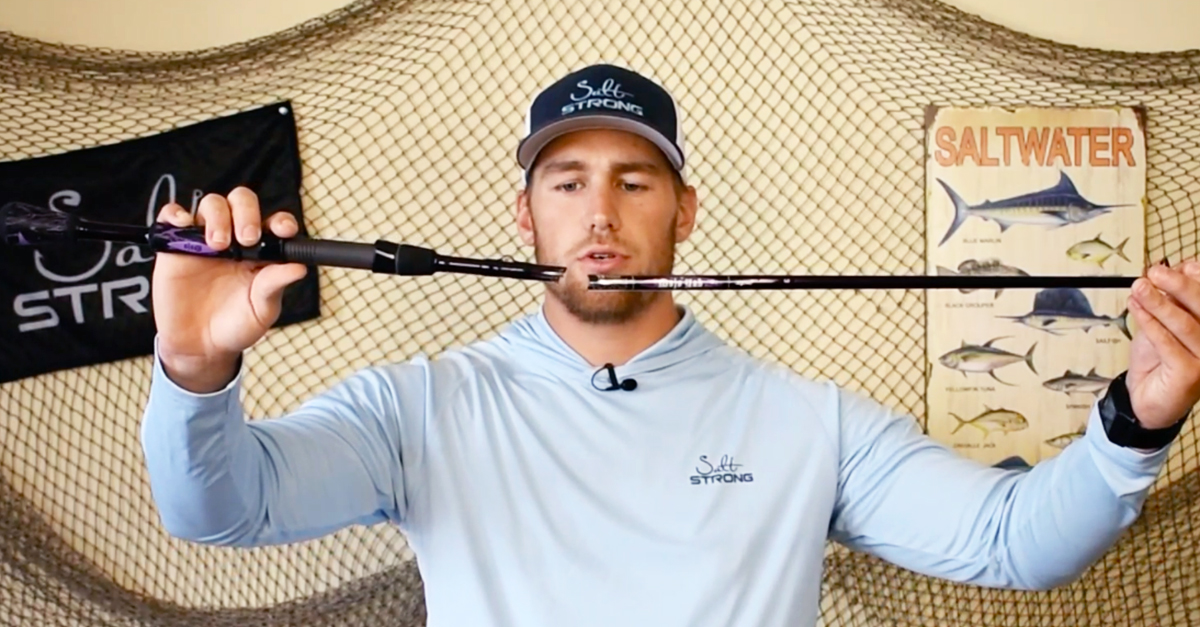
Want to know why your rods are breaking?
Most people think it’s a manufacturing defect or the fish was just too big…
And although those are both possibilities, they’re unlikely.
The real reason is probably something you’re doing without even realizing it’s harming the rod.
I’ve seen tons of comments in our Facebook group and YouTube videos about why people’s rods are breaking so I decided to get Brandon from Black Pelican Custom Rods on the podcast to talk about it.
He shared a ton of helpful tips, including:
- Why most rods actually break
- Common mistakes you want to avoid (that most people do) that are damaging your rod
- Cheap rods vs. high-end rods
- Glass vs. carbon rods
- How to transport your rods safely
- And much more
You can watch the video version of this podcast below, listen to the audio version by clicking the play button underneath it, or listen to it on iTunes, Stitcher, or Spotify.
P.S. Don’t forget to subscribe on iTunes, Stitcher, or Spotify and leave us a review!
Why Fishing Rods Really Break [PODCAST]

Why Fishing Rods Really Break [VIDEO]
Note: Don’t forget to subscribe to the Salt Strong podcast on iTunes, Stitcher, or Spotify and leave us a review!

Mentioned Podcasts & Videos:
- CUSTOM FISHING RODS: MISTAKES, TIPS, SHORTCUTS & MORE (First Interview With Brandon)
- HOW TO PROPERLY PAIR YOUR INSHORE SPINNING ROD & REEL
7 Reasons Why Rods Break
Most rods break because they get tiny fractures in them over time.
You don’t notice those small fractures but then when the rod breaks on a fish, most people falsely think that it was the fish that broke the rod.
Another reason rods break is because they’re overloaded.
If your rod breaks at the top, it’s probably from a micro fracture, but if it breaks at the bottom, then it was probably overloaded (i.e. you used a weight that was too heavy).
Here are seven reasons why fishing rods break (in no particular order):
Transporting your rod with a loose weight or hook
Whether you’re driving in your boat or your car, if you have a weight rigged up, or even a loose hook (like on a high low rig), it’s going to be smacking against your rod causing those small fractures.
Transporting your rod in the bed of your truck
Whether the rod is lying flat on the bed or against the tailgate, the bed is bouncing up and down so the rod is constantly getting beaten up, again causing those small fractures.
Leaning your rod against concrete
When you lean your rod against rough concrete (or even wood) you can damage your rod.
Causing trauma to your rod
Two examples given in this podcast were Brandon slamming his car door on his rod and me hitting my rod against the ceiling fan.
Even though my rod didn’t break when I hit the ceiling fan, it broke about a week later, likely due to damage caused during the ceiling fan incident.
High sticking
When you raise your rod to an angle that’s great than 90° from the ground, you’re putting a lot of stress on the rod and increasing the chances that it’ll break.
So be sure to keep the rod at an angle less than 90° when you’re fighting fish or trying to pull out your lure when it’s snagged.
Letting the rod double over under the boat
If you have a big fish that’s running right toward you and is about to go under the boat, try to steer the fish in a different direction.
When the rod doubles over because the fish is right under you, that puts your rod in the same position as if you were high sticking.
Manufacturer defect
Although manufacturer defects are rare, they do happen.
And usually, they’ll happen in the first few trips.
Another way rods break that might not be your fault is that the rod was damaged in transport.
How To Transport Your Fishing Rods Safely
The biggest danger to a rod when you’re transporting it exposing it to micro fractures.
If you’re driving, instead of throwing it in the bed of the truck, secure it in a pool noddle.
You can also check out the video at 9:39 to hear how Brandon transports his rods in a 4″ sewer and drain tube.
Another option for SUV owners is to get straps or hooks that hang from the top of the car on the inside and hang your rod up there.
Conclusion
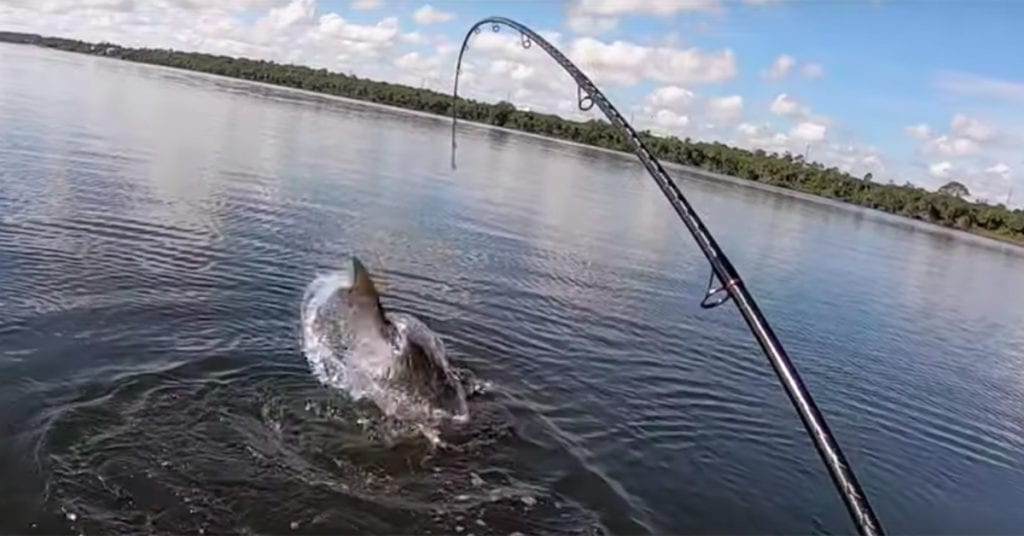
I hope these tips from Brandon will help you protect your rods!
If you just protect your rod from small repetitive trauma and are careful about how you handle it (no sticking it in your fan like I did), then you’ll be fine.
Have any more questions about taking care of your rod?
Let us know down in the comments!
And if you want to order your own Black Pelican custom fishing rod, or just keep up with Brandon and his company, you can do so at the links below:
P.S. Want access to our best fishing spots and tips, plus discounts to our online tackle store? Click here to join us in the Insider Club!
Related articles:
Related categories:
STOP WASTING TIME ON THE WATER!
Do what the “SMART ANGLERS” are doing and join the Insider Club.
Here’s what you’ll receive today when you join:
- Weekly fishing reports and TRENDS revealing exactly where you should fish every trip
- Weekly “spot dissection” videos that walk you through all the best spots in your area
- Exclusive fishing tips from the PROS you can’t find anywhere else
- Everything you need to start catching fish more consistently (regardless if you fish out of a boat, kayak, or land).

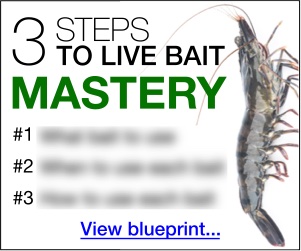





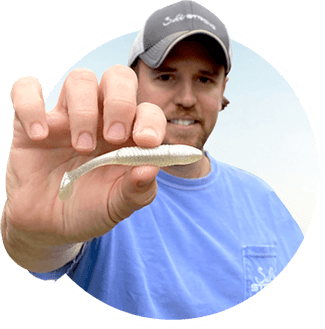
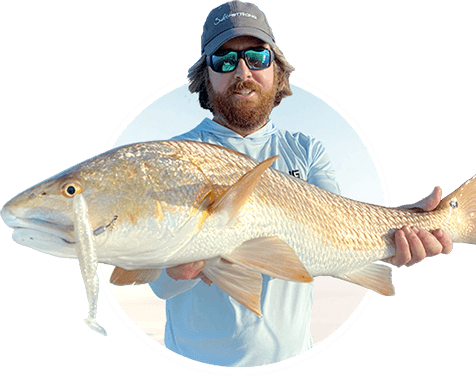

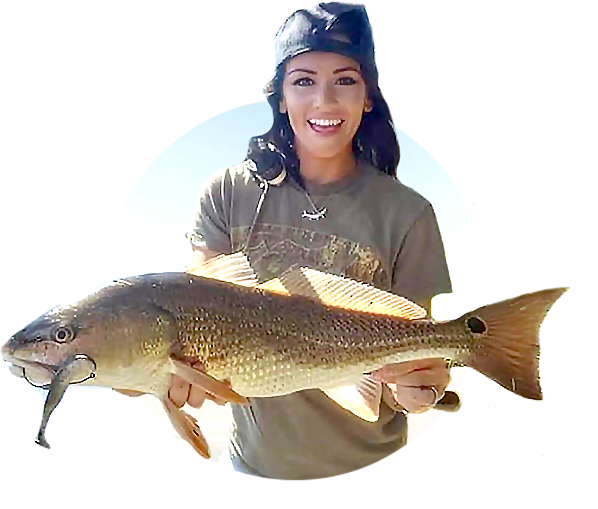
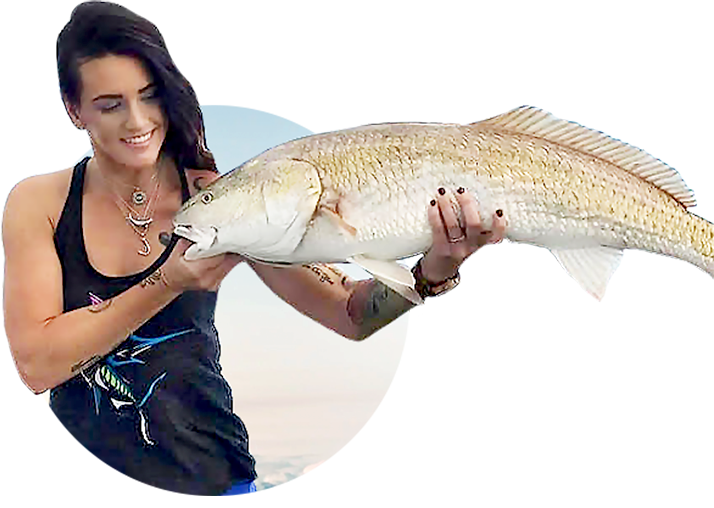

Today I had a new first time used Legacy rod break at the second guide. It was on a hook set on a bass, and not a lunker either. It is over 30 days old, but on it’s first trip. I am wondering if there is any warranty coverage on this?
Interesting in how many different ways, little things can contribute to rod failure. The main culprit of course being operator error. Once you have a high performance custom rod though, like one from Black Pelican, rod care takes on a whole new meaning… Thanks for sharing great insights from past experience.
Great podcast and information. Now I understand what led up to one of my spinning rods fracturing while making a cast. I take extreme care of my equipment, but never realized the little bumps and and taps on the rod would eventually set the stage for possible rod failure down the road.